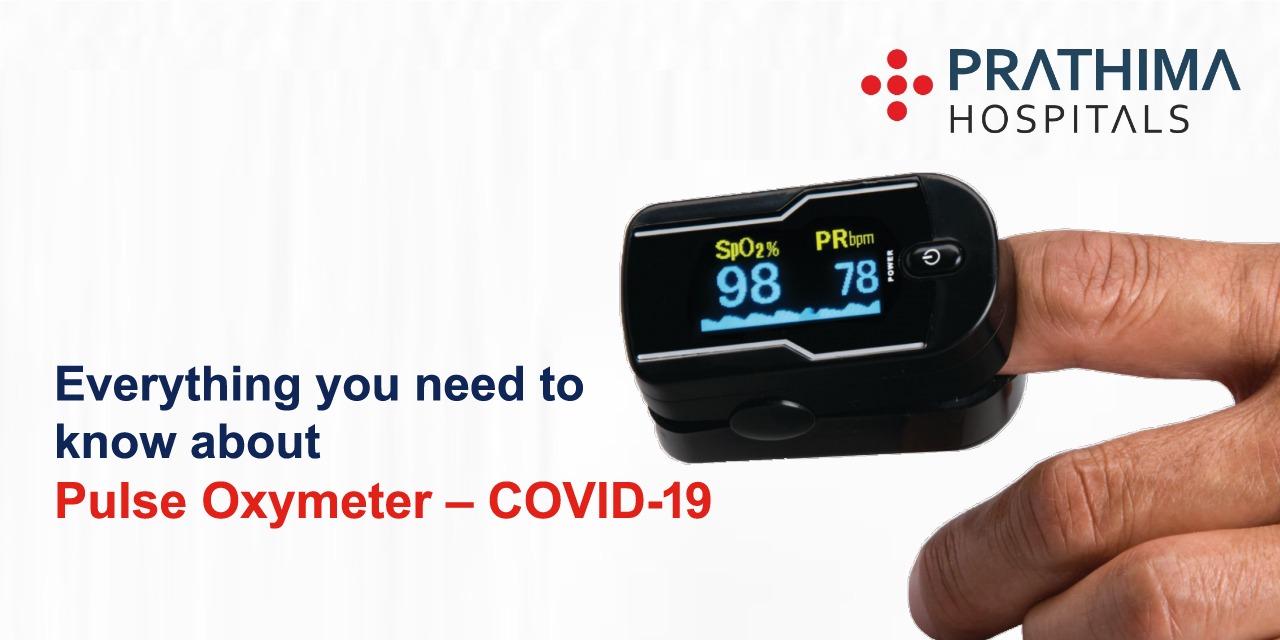Everything you need to know about Pulse Oxymeter – COVID-19

Pulse Oxymeter widely uses in most of the hospitals for the diagnostic process of chronic Lungs problems, respiratory disorders and to check lungs functionality as well.
This small portable pulse oxymeter become the most common in households after experts insight on this portable device helpful in identifying / detecting COVID-19 patients, especially people who are not shown any symptoms.
Pulse Oxymeter
Pulse Oxymeter is a portable medical device that can helps in identifying oxygen level in the blood in a non-invasive way. It gives the details within seconds.
A click like device places to the finger and within seconds the medical device checks the oxygen levels in the blood.
The oxygen levels calculated by Pulse Oxymeter in a percentage based on the comparission of maximum level of oxygen carry by blood and the current oxygen level carrying by the blood cells.
In medical terminology it is called oxygen saturation levels.
Working Functionality of Pulse Oxymeter
Pulse Oxymeter usually plug to any of the finger of a person, after that pulse oxymeter emits beam lights into the body. These beams calculate the oxygen levels carrying the blood cells by calculating amount of beam light absorbed by the blood cell.
Pulse Oxymeter can also calculates the Heart Beat and Pulse as well.
Is Pulse Oxymeter helpful in detecting COVID-19?
More than 80% of individuals are non-symptomatic. They get mild illness of COVID-19 attack, this may cause mild to severe complications in future.
Asymptomatic patient’s daily routine remains same and there will be no changes in their health complications, till the COVID-19 affect become mild to moderate. during this early stage asymptomatic COVID-19 patients oxygen levels in the body falls drastically, which is called hypoxia. But patient may not show any symptoms.
During this early stage Pulse Oxymeter works affectively in identifying the patients.
Who should use Pulse Oxymeter?
Pulse Oxymeter usually can be used by anyone. This helps to check your body oxygen levels regularly.
Apart from this, Identifying Asymptomatic patients at early stages this Pulse Oxymeter works effectively.
This medical device also recommends by the doctors to the patients who are suffering with chronic lung problems and respiratory disorders.
Using Pulse Oxymeter is not harmful until we depend completely on this medical devise reports.
Pulse Oxymeter is a medical device which gives certain reports, but cannot be replace with a doctor or medical suggestions.
Even while using the Pulse Oxymeter also one shouldn’t ignore regular medical check-ups and doctor consultations.



